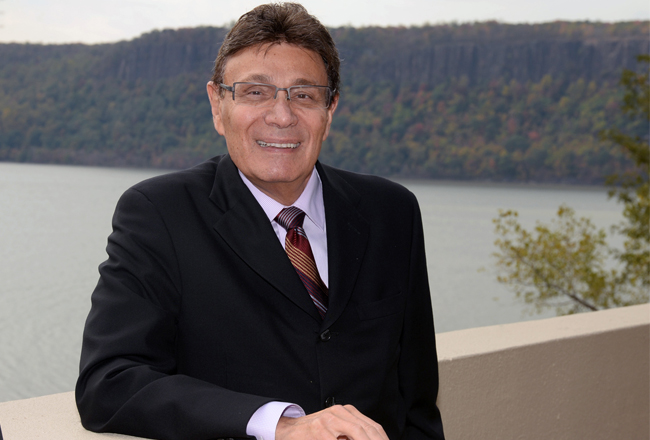A bankruptcy judge has ruled that a Rye investment strategist misused a client”™s life insurance loan and may not get out of paying back the debt.
William M. Bryan of Santa Monica, California accused Ira L. Brody, Rye, of fraud in a 2017 lawsuit filed in U.S. Bankruptcy Court, White Plains, claiming that his company was owed at least $270,000.
Bankruptcy judge Sean H. Lane did not rule on the fraud allegations in a Sept. 30 decision, but he found that Brody, a licensed attorney, “should have known that his actions were improper,” and he had “set into motion the chain of events that caused (Bryan”™s) losses.”
Brody is a “highly intelligent and credentialed individual,” the judge noted. He has degrees in political economy, business and law. He served in the administrations of New York Mayor Rudolph Giuliani and New York Gov. George Pataki. He worked briefly on the New York State Olympic Games Committee and he managed local newspapers for years.
He ended up working in the insurance premium finance industry, where investors loan money to a business that invests in life insurance policies.
Brody described himself at a trial last year as the architect or facilitator of insurance premium deals, but he saw himself as divorced from the actual transactions. Instead, individuals such as Joseph Bartholomew and Mark Goodman would line up the insurance policies and transfer the loan money to the insurance carriers.
Bryan, using a corporation named after himself, loaned $279,560 to Brody and Bartholomew to finance three life insurance policies in 2012. He quickly got back an additional $11,182, a 4% profit.
Then he was asked to invest another $552,475 in four “fresh” life insurance policies. Bryan insisted on more protections. The money would have to be advanced to an escrow agent, instead of to Brody”™s Broad Park Capital LLC. The agent would release the money to the insurance carriers.
Instead, Brody instructed the escrow agent to wire the money to accounts he controlled. Then he took $50,000 for himself ”“ nearly 10 times more than the fee he was entitled to — wired $30,000 to Bartholomew and sent the rest to Goodman.
“Mr. Brody subsequently learned that the entire proposed transaction was fraudulent and that the documents he was provided about the underlying insurance policies were fake or outright forgeries,” Lane stated in the decision.
Bryan got back $304,325, leaving a $270,249 loss.
Bartholomew was convicted in 2016 and sentenced to 10 years in prison for running an $11 million Ponzi scheme that defrauded 27 insurance premium investors.
Bryan”™s lawsuit was filed in bankruptcy court because Brody filed a Chapter 7 liquidation petition in 2017 that could relieve him of paying his debts.
Bryan argued that Brody should not be allowed to nullify his insurance loan debt because he knew that the deal was a fraud and he had acted in concert with Bartholomew.
Brody “vehemently disagrees,” Lane noted, “credibly pointing to his efforts to return money (to Bryan).”
But the judge rejected Brody”™s position that he had not acted as a trustee and had no role in the transaction beyond acting as an “architect.”
“The evidence indicates otherwise,” Lane ruled.
Brody was found to be acting as a fiduciary and was directly involved in negotiating the terms of the deal. He had instructed the escrow agent to wire the funds to his accounts, in violation of the agreement. He took a greater commission than he was entitled to, and he transferred $30,000 directly to Bartholomew, “which is further evidence,” Lane ruled, “of Mr. Brody”™s improper intent.”
Lane ruled that Bryan”™s debt is non-dischargeable. A hearing will be scheduled to determine the amount of the claim.
Bryan was represented by attorneys Daniel J. Aaron, Manhattan, and Keith Berglund of Los Angeles. Brody represented himself.






















